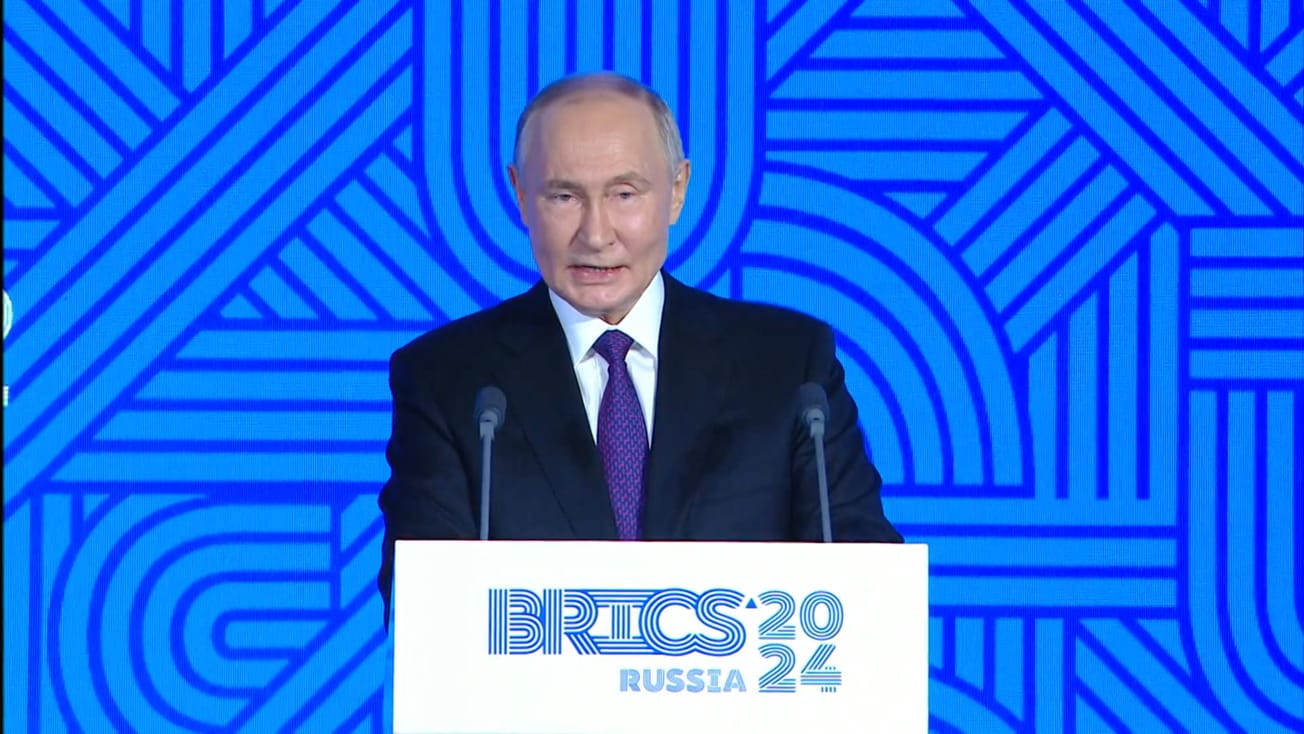An extraordinary international event took place today, hosted by the Schiller Institute, titled, “2024 and 2074—A New Paradigm for the Next Fifty Years; International Youth Dialogue with Helga Zepp-LaRouche.” The three-hour discussion was a hybrid forum based on a live audience in New York City, with online participants, including in groups, from around the world, for an audience of real-time attendees numbering well over 250. At least 20 countries, representing all continents, were represented, from China to Afghanistan to Chile.
Moderated by Schiller Institute USA President Megan Dobrodt, the first hour featured an address to youth by Zepp-LaRouche, the leader of the Schiller Institute, and its founder, 40 years ago. Then came both prepared messages and spontaneous exchanges from many individuals and nations.
The occasion is historic, for the depth of thought and mission, as seen in the assent to Zepp-LaRouche’s appeal, “World citizens of all countries unite! Put the world in order!” The consensus in closing, was to form an international contact network for follow-up, to confer on joint and individual action. In particular, Zepp-LaRouche urged everyone to actively support the case put before the UN World Court at The Hague Jan. 11, by South Africa, for the genocide by Israel in Gaza to be acknowledged and stopped. “South Africa has preserved the conscience of humanity,” she said.
As of the time that today’s Schiller Institute event convened, bombings had occurred over the last 24 hours in four countries in Southwest Asia. This portends the short road to world war, unless the escalation and underlying process are ended. This morning, the United States bombed Yemen for the seventh time, striking near the port of Hodeidah. Israel bombed Syria near Damascus, and bombed southern Lebanon, as well as Gaza.
Underscoring the venality of these actions, the Biden National Security Council spokesman John Kirby yesterday stated at a White House press conference: “We don’t believe a ceasefire is going to be to the benefit of anybody but Hamas. We do support humanitarian pauses, as I said, to try to get hostages out and more aid in. But we don’t support a ceasefire at this time.”
Zepp-LaRouche began her remarks by referring to this crisis, as the great threat to the very existence of the world. But at the same time, she went on, we have reason “to be joyful, because the old ‘rules-based order’ is failing, and a new, better paradigm is emerging for all humanity.” Therefore, you can say that we are living “in one of the most incredible moments” ever in history.
Following this, she gave a thorough briefing, including the history of how today’s multiple crises came about, especially since the 1990s; the importance of philosophical method, including the significance of Nicholas of Cusa and his “coincidence of opposites” approach to overcoming perceived conflict; and the primacy of human creativity and culture. She urged everyone to study Cusa and other great minds, especially that of Lyndon LaRouche. She asserted, there is an “inherent right to development” of human beings and nations. This is the answer to the question of “what is the source of wealth.”
Many speakers then followed, with reports, questions, expressions of greetings, appreciation and hope. A video was sent from Yemen, prepared by several young women, including officers of the BRICS Youth Parliament there. A young woman, Lyu Nanzhu, spoke from the All-Chinese Youth organization. She called for an end to violence in Gaza and all points of war. Bernhard Perschl, a farmer in Germany provided his video of tractors taking off in the heavy snow, heading for the protest demonstrations in Berlin. He reported there will be a mass protest rally Jan. 28. The farmers demand the right to produce food. The population stands with them for a productive economy. Many others spoke, from Africa to Mexico and South America.
In closing, Zepp-LaRouche made the point that good relations among nations and people comes from a dialogue of the best of their cultures. This principle was observed in the musical opening of the forum. Attendees at the New York City meeting sang Jesu, meine Freude, the great German chorale from the 17th-century period of the Thirty Years’ War and Peace of Westphalia, beautifully harmonized decades later, in 1723, by the master J.S. Bach.







